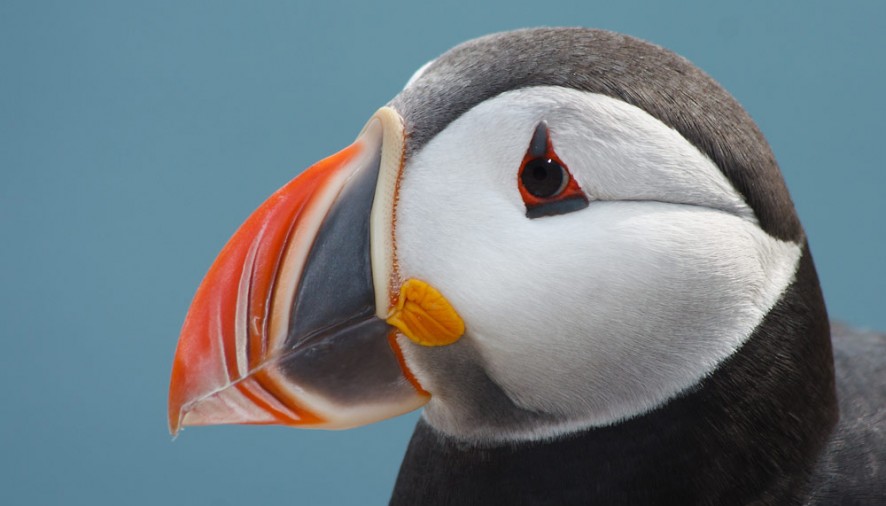The “global wave of extinction is now lapping at our shores” warns Martin Harper, conservation director with the RSPB.
Species extinction often feels like an issue far from home; one that affects orang-utans, tigers, and giant pandas – all animals in dramatic decline. To some extent, this is true. Tropical and island species are generally more sensitive to changes in their ecosystem, with the temperate rolling green hills and rocky shores of Britain usually disregarded as sites of endangered species.
However, over 60% of British species are in decline. The International Union for Conservation of Nature (IUCN) released information last week outlining how popular British birds are facing a harsh and difficult winter. Slavonian grebes, pochards and even Atlantic puffins – the familiar face of the children’s range of Penguin Books – are diminishing as rapidly as African elephants and humpback whales. Moreover, it is sad to note – especially as we approach the festive season – that fable favourites, the European turtledove, has declined by 96% since the 70’s, and are now similarly at risk.
The vulnerability of species that were of least concern a decade ago, demonstrates the scale of rapid change the British (and global) ecosystem is facing. A study of a puffin colony, released in the journal PLOS ONE in July, illustrated how the numbers of the seabirds breeding on Fair Isle had halved in size since 1986. Dr. Will Miles attempted to determine the cause of these changes, and while numbers of predatory seabirds in the area have increased hugely recently, this does not seem to be affecting the number of adults. Puffins are fighters! Instead, what researchers have observed is the plummeting numbers of fish adult puffins bring back to the nesting colonies, whilst younger puffins are failing to return at all. Ocean pollution, oil spills, increasingly difficult winters and declining fish populations are the route of the issue – factors we play a heavy hand in controlling.
Conservation groups and organisations, such as the RSPB, are imploring for a far more responsible approach to harvesting from the oceans we over-exploit. We need to greatly reduce marine pollution if we are to prevent further damage to our isles and our fellow islanders – both those with and without wings.
The interconnectivity of ecosystems means that a change in one part, however small, can affect everything else. Although this has negative implications, we can also use this to make positive improvements to our surrounding environment. Little things such as buying #JustTuna brands of tuna, recycling plastics and avoiding toiletries which contain microbeads will help puffins, other species and us! As the UN climate conference quickly approaches, it is important that we begin to think about our individual impact upon nature and, more importantly, how we are going to act upon it.
Amy Wardle
[Image:OscarV055, picture hosted on Wikimedia Commons]

